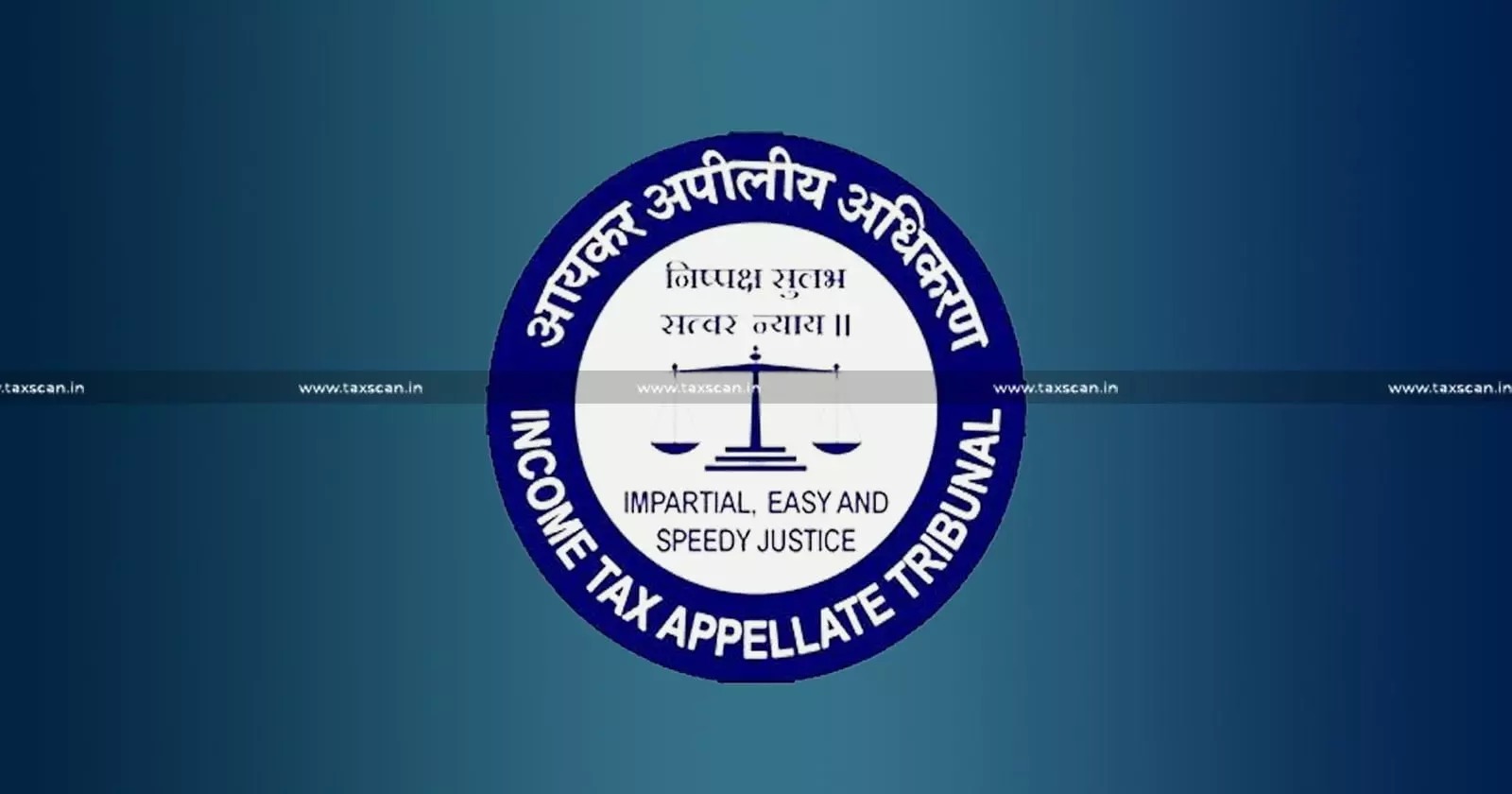Restored Registration Entitles Charitable Trust to Tax Benefits: ITAT [Read Order]
The Tribunal relied on donor confirmation letters and the registration restoration order dated 20.10.2021 in ITA No. 737/LKW/2019 to interpret the compliance requirements under Section 11(2).
![Restored Registration Entitles Charitable Trust to Tax Benefits: ITAT [Read Order] Restored Registration Entitles Charitable Trust to Tax Benefits: ITAT [Read Order]](https://images.taxscan.in/h-upload/2025/10/16/2097156-restored-registration-charitable-trust-taxscan.webp)
The bench of the Income Tax Appellate Tribunal (ITAT), Lucknow, has held that once the registration of a charitable trust under Section 12A of the Income Tax Act, 1961, is restored, the trust becomes entitled to claim exemption benefits under Sections 11, 12, and 13 of the Act.
The appellant, Rohilkhand Educational Charitable Trust, Bareilly, a charitable trust engaged in education and medical relief since 1998, had its registration cancelled by the Principal Commissioner of Income Tax (PCIT), Lucknow under Section 12AA(3) of the Income Tax Act, 1961.
As a consequence, the Assessing Officer (AO) denied the benefits of Sections 11 and 12 and made various additions for the Assessment Years 2017-18 and 2018-19, including corpus donations, accumulation under Section 11(2), excess of income over expenditure, and cash deposits during the demonetisation period, ultimately raising a demand exceeding ₹35 crore.
The AO also disallowed 10% of the total expenses on the ground of unverifiable expenditure. The Commissioner of Income Tax (Appeals), Lucknow [CIT(A)] upheld these additions, holding that the trust had failed to fulfill the conditions for exemption under Sections 11 and 12 despite its restored registration.
 Also Read:Charitable Trusts Eligible for S. 12-AA Registration Based on Proposed Activities, Not Just Actual Work: Supreme Court [Read Judgement]
Also Read:Charitable Trusts Eligible for S. 12-AA Registration Based on Proposed Activities, Not Just Actual Work: Supreme Court [Read Judgement]
Represented by Rakesh Garg, the appellant contended that the assessment order was invalid as it lacked essential details such as the name of the assessee, PAN, and assessment year, and that the demand notice bore inconsistencies. He argued that since the ITAT had restored the registration under Section 12A, the assessee was entitled to the benefits under Sections 11 to 13 of the Income Tax Act, 1961.
It was submitted that the corpus donations were voluntary and accompanied by specific directions from donors, that the accumulation under Section 11(2) was supported by Form 10 filed within the prescribed time, and that capital expenditure constituted legitimate application of income. It was further contended that the ad hoc disallowance of 10% of the total expenditure and the addition under Section 68 of the Income Tax Act, 1961 were arbitrary and unsupported by evidence.
Represented by S.H. Usmani, the Revenue defended the orders of the lower authorities, contending that the corpus donations were not voluntary as they were solicited by the assessee and that the accumulation under Section 11(2) lacked specificity of purpose. It was submitted that the assessee had failed to substantiate its claim regarding cash deposits during the demonetisation period and had not produced sufficient evidence to verify the genuineness of the expenses claimed.
The Bench comprising of Sudhanshu Srivastava, Judicial Member and Nikhil Choudhary, Accountant Member held that since the registration under Section 12A had been restored by the ITAT and not reversed by any superior court, the trust’s income must be assessed under the special provisions of Sections 11, 12, and 13 of the Income Tax Act, 1961.
 Also Read:Denial of Registration u/s 80G: ITAT remands Matter to CIT(E) for Fresh Adjudication on Misinterpretation of Trust Objects and 5% Limit u/s 80G(5B) [Read Order]
Also Read:Denial of Registration u/s 80G: ITAT remands Matter to CIT(E) for Fresh Adjudication on Misinterpretation of Trust Objects and 5% Limit u/s 80G(5B) [Read Order]
The Tribunal observed that the omission of basic details in the assessment order was a technical defect curable under Section 292B, and therefore, the order could not be invalidated on that ground. The Tribunal found that the corpus donations were voluntary and genuine, noting that no material had been brought on record by the AO to show coercion or irregularity.
Accordingly, it deleted the addition of ₹7.68 crore, except for donations amounting to ₹1.95 crore where donor confirmations were not available, which were remanded to the AO for verification.
Additionally, the accumulation of ₹18.18 crore under Section 11(1)(a) was allowed since more than 85% of the income had been applied to charitable purposes. On the issue of accumulation under Section 11(2), the Tribunal referred to its own ruling in Income Tax Officer v. Awas Evam Vikas Parishad (2025), holding that the accumulation must specify a concrete purpose and not be stated in general terms.
Thus, the Tribunal concluded that once a charitable trust’s registration under Section 12A is restored, it is entitled to exemptions under Sections 11, 12, and 13 of the Income Tax Act, 1961, unless specific violations are proven.
Support our journalism by subscribing to Taxscan premium. Follow us on Telegram for quick updates


